Catalogue de justice familiale en Ouganda
Problem: Families and practitioners need effective tools to help them reach agreements when conflicts arise
Solution: A user-friendly catalogue of evidence-based best practices and tools to support families and practitioners
Family conflicts can have serious impacts
Most of us have experienced some form of conflict with a family member, whether with a spouse, sibling, parent or child. In many cases we are able to find a solution through dialogue and negotiation. However, in some cases conflicts can escalate and lead to serious consequences, deeply affecting people’s lives. Separation, divorce and domestic violence make up the majority of family problems, which have the most severe impact on children and women. Many people and institutions actively try to help families. The scale and effectiveness of their efforts however is often limited by a lack of access to best practices. HiiL is looking for funds and partners like you, who can help change this.
Solutions are available but often difficult to access
Fortunately there is a huge wealth of knowledge on effective treatments. Since the beginning of human history, people have been solving family conflicts. A lot of academic research has been done on the subject. A wide range of best practices are available at both the institutional as well as individual level. The challenge, whether as a person directly involved in a conflict or helping as a third-party, is to navigate all this information and to know which treatments to apply in which situations. If only there was some user-friendly product that would make these interventions readily available to every child, woman and man in need?
Solving problems by providing treatment guidelines
A solution is the Family Justice Catalogue: a treatment guideline. It combines identifiable best practices with evidence about what works. In order to provide a more standardised, higher quality way of solving family problems. Legal solutions will be integrated in the best practices as well. The first edition of the catalogue will be released in Uganda in two versions, one for family justice providers (such as Local Council Courts, community leaders, police, social workers, judges and lawyers) and a version for users. This methodology and approach is adopted from the medical sector, where treatment guidelines are used globally by all levels of healthcare professionals. The use of guidelines for practitioners has had transformational effects in medicine, even leading to certain diseases being eradicated completely.
21
recommendations are developed so far
20+
organisations contributed to user-friendly family justice
3
versions of the catalogue have been developed so far
